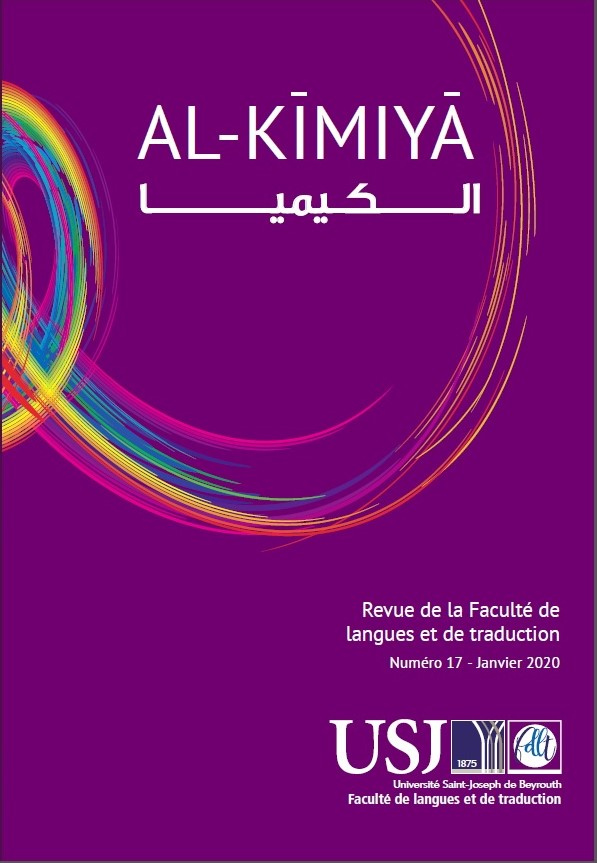Abstract
The brotherhood of French intellectuals committed to fighting fascism took shape in an unprecedented project during the winter of 1936-1937: a special issue of the journal Commune, which included translations of 24 Spanish poems published in El Mono Azul from besieged Madrid for those on the front. Conceived in urgency as a response echoing wartime action-poetry, this translation subsequently evolved into a full anthology in February 1937, Le Romancero de la guerre civile. On the translation front, intellectuals thus demonstrated solidarity by reactivating a traditional Spanish epic form: the romance. The combined effects of time constraints, the nature of this “duty to translate,” and the dual necessity of fostering immediate mobilisation while conferring timeless and universal resonance upon the ongoing struggle, brought about a transformation of the translated corpus. An examination of the “Romancés historiques” section highlights the alterations, shifts, and inflections imparted to the Spanish epic by this heterogeneous collection of voices united in the name of anti-fascist commitment.

